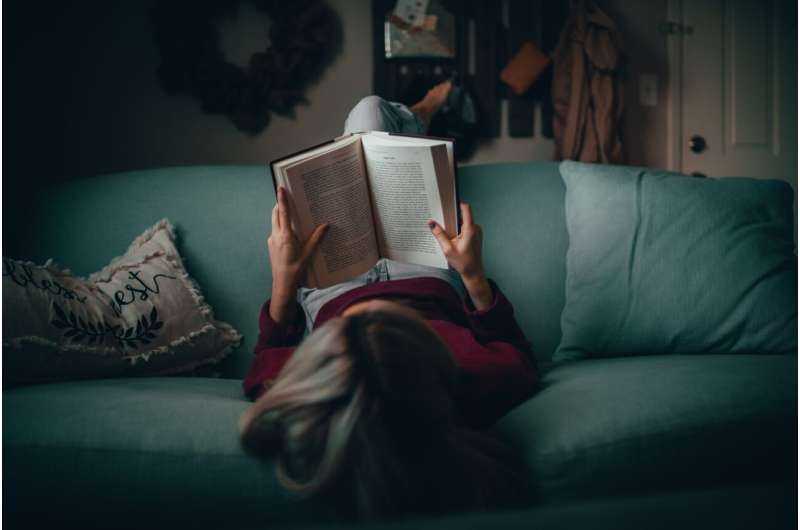Link Between Gun Violence Exposure and Poor Sleep in Adolescents

Exposure to neighborhood violence significantly impacts sleep quality for teenagers, increasing their risk of violent behaviors and mental health issues. Learn how community safety influences adolescent sleep health.
Recent research conducted by Mass General Brigham researchers highlights a significant link between exposure to neighborhood violence and inadequate sleep among teenagers. The study, which analyzed data from over 40,000 adolescents nationwide, found that those who sleep less than the recommended 8–10 hours per night are more likely to witness violence and engage in aggressive behaviors. The findings, published in the journal Sleep, reveal that teenagers who sleep fewer hours are at an increased risk of experiencing violence in their communities and participating in violent acts such as fighting or carrying weapons.
The study utilized responses from the CDC’s Youth Risk Behavior Survey from 2019, 2021, and 2023, focusing on questions about sleep duration, neighborhood violence exposure, and violent behaviors. Among the 44,161 young individuals aged 14 to 19 surveyed, 77% reported insufficient sleep, defined as less than eight hours per night, with 10% sleeping four hours or less. The analysis showed a strong association: adolescents with limited sleep were significantly more likely to have witnessed physical attacks or gun violence in their neighborhoods. Each hour of sleep lost increased the likelihood of exposure to violence, with those sleeping only four hours facing nearly three times higher odds.
In addition to higher exposure to violence, sleep deprivation was linked to increased incidences of carrying weapons, involvement in fights, threats, injuries at school, and skipping school due to safety concerns. Interestingly, adolescents sleeping more than the recommended hours—10 or more—also showed higher odds of witnessing violence and engaging in violent activities, possibly indicating underlying mental health issues such as depression or anxiety.
The research emphasizes that sleep is not only a personal health matter but is also influenced by community safety and stability. Dr. Cornelia Griggs, the study’s first author, stated, “This is one of the first studies to connect community violence with how much teenagers actually sleep, underscoring that safety and environment play a crucial role in sleep health.” Dr. Rebecca Robbins, a sleep specialist, added that future efforts should focus on reducing nighttime violence and noise, which could foster healthier sleep patterns, especially in high-risk communities.
The team plans further investigations into how gun violence impacts sleep and behavior in youth, aiming to promote community-based interventions that support better sleep and reduce violence-related trauma.
Source: https://medicalxpress.com/news/2025-09-exposure-gun-violence-insufficient-teens.html
Stay Updated with Mia's Feed
Get the latest health & wellness insights delivered straight to your inbox.
Related Articles
Online Course Significantly Enhances Sleep Quality by 40%
A free online course developed by Macquarie University psychologists has shown to improve sleep quality by 40%, offering accessible treatment for insomnia and related sleep disturbances across Australia.
Study Shows Nearly 22% of U.S. Firearm Suicides Occur Outside the Home, Mainly in Vehicles
New findings reveal nearly 22% of firearm suicides in the U.S. occur outside the home, primarily in motor vehicles, underscoring the need for broadened prevention strategies.
Study Finds Half of Popular TikTok Videos About 'Food Noise' Mention Medications for Intrusive Food Thoughts
A new study highlights that nearly half of TikTok videos about 'food noise' mention medications like GLP-1RAs to manage intrusive food thoughts, raising concerns about misinformation and their impact on young audiences.
Reading as a Tool to Reduce Loneliness and Boost Brain Health
Discover how reading books can help reduce loneliness, strengthen social bonds, and promote brain health, offering a valuable tool for mental well-being.



